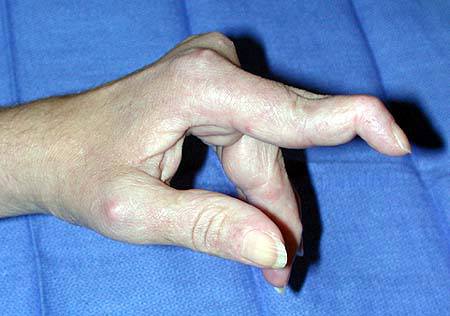Diagnosing Depression: Speaking Up About Mental Health

How often have you heard a phrase such as “Real men don’t cry,” or “Suck it up and be a man!”. Phrases like these, however, are what cause many men to try and bottle up their emotions when they are struggling with mental health matters, such as depression and anxiety.
Unfortunately, not talking about mental health struggles can cause people to feel isolated from the world and as though there is no hope, which can intensify emotions and lead to other struggles, such as using alcohol as a way to numb emotions.
No matter what your gender is, it is important to begin speaking up about mental health and help get rid of the stigmas regarding male mental health.

Too many feelings
From childhood, boys are taught that they should be tough, not ask for help when they need it and that they shouldn’t express emotions such as sadness. This results in them growing up and struggling to ask for help when they are facing problems with their mental health or refusing to acknowledge those emotions.
Girls and women are seen as the ones that are supposed to be emotional. So while it is more normalized for a female to go seek help for her mental health, a male might not feel comfortable seeking help because he’s worried it will make him less masculine. However, when mental health problems go untreated, the struggles only intensify.
Behaviors are seen as “normal”
Other times, the ways men express their struggles might be seen as “normal” male behavior. For example, many people have the idea that depression means moping around and crying. However, depression can present itself in other ways. Someone struggling with depression might be irritable, mean, frustrated, or act impulsively. They may also develop a substance abuse problem.
However, some people view these behaviors as ways that males are supposed to act! So instead of realizing that behavior could be a cry for help, it goes unnoticed, and mental health problems go untreated. Realizing that both men and women experience a range of symptoms is necessary, as well as identifying depression in individuals, so that people can be more informed.
Feeling judged for seeking help
Unfortunately, men are less likely to seek mental health help because they either don’t realize they have a problem or because they’re worried they’ll be judged for seeking help. They might feel ashamed for needing to seek help because they’ve been taught that men shouldn’t feel these emotions or because they’ve been told their behaviors are normal.
They might also worry that seeking help will take time away for their job. They might worry they won’t be able to provide for their family if they’re not working, or that their boss might judge them for not being able to manage their emotions, or that they might be looked over for a promotion.
Encouraging self-care
The existing stigma that men shouldn’t seek help for their mental health needs to end. By normalizing men being able to speak about their mental health struggles without feeling like they’ll be judged, more men will feel comfortable going to seek treatment or to practice self-care.
Ideally, this will start at home, with loved ones realizing when someone is struggling and encouraging them to talk about their struggles without judgment. But it also needs to happen in the workplace or with friends. It can be hard to go immediately to a medical health professional for some people, but having loved ones that care can help men begin to work through those feelings.
The struggle is real
Many times, it can be hard for people to understand mental illness and how it can negatively impact your life until they are facing something similar. However, the more mental health is talked about, the more people will understand, even if they haven’t experienced something similar.
Many male celebrities have begun speaking up about their mental health struggles, often using humor as a way to discuss their experiences. This is a positive thing because it helps show that men should be comfortable about discussing their struggles. And the more men that speak up, the less alone other men will feel. The struggle with mental illness is real, no matter what your gender is.
Final thoughts
When it comes to men and mental health, traditionally, men have been taught by culture to hide their emotions and not to seek help. This can intensify problems. However, by normalizing discussions and encouraging men to seek help when they’re struggling, the more men will feel comfortable asking for help.




